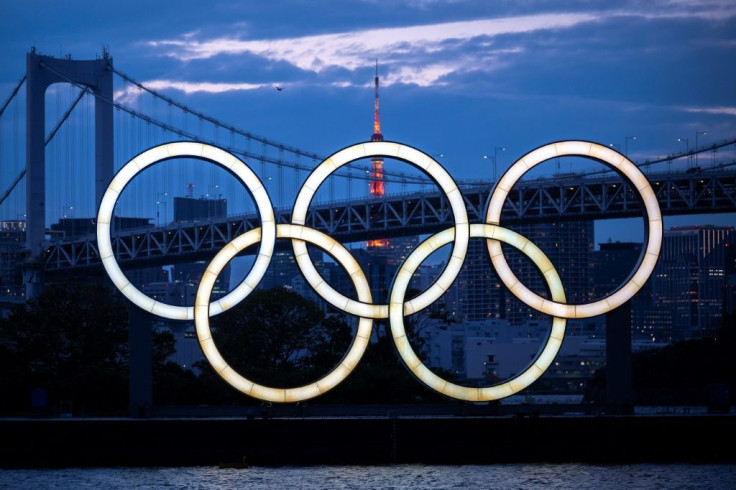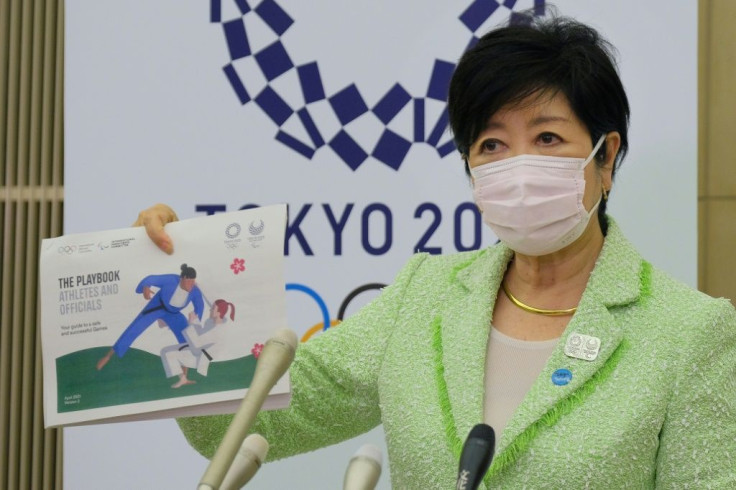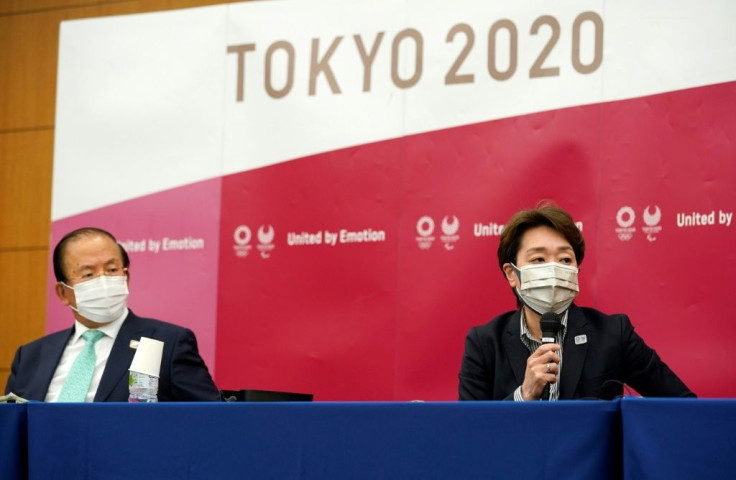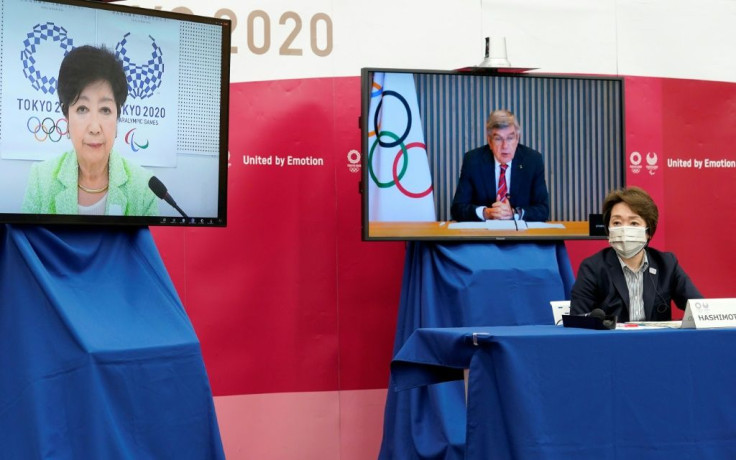Full Venues At Tokyo Olympics 'Very Difficult': Organisers
Full stadiums will be "very difficult" at the Tokyo Olympics, the head of the Games warned Wednesday, as organisers pushed back a decision on how many domestic fans can attend until June.
Overseas spectators have already been barred from the Games for the first time, and a ruling on Japan-based fans was expected by the end of this month.
But with parts of the country including Tokyo under a coronavirus state of emergency, organisers said they needed more time. The Games open in less than three months on July 23.
"As we look into the evolving situation with the domestic infections status involving new strains, we have agreed that a decision regarding spectator capacity at the Olympic and Paralympic venues will be made in June," Olympic officials said after top-level talks.

Tokyo 2020 chief Seiko Hashimoto said it was now unlikely that fans would fill venues as in past Olympics.
"We have to watch the situation and consider accordingly. As of now, full venues is very difficult, I understand that," she said.
"There may be a time that we have to decide on the Games behind closed doors, no spectators," she added.
But "to the extent possible, as many people as possible should be able to enjoy the Tokyo Games".

Organisers also announced new virus rules for athletes including daily antigen virus testing -- up from a previous plan for tests every four days.
Unclear or positive results will be followed up with additional tests to confirm.
"If you have a confirmed positive test for Covid-19 during the Games... you will not be allowed to compete," an updated virus rule book warns.

Those deemed "close contacts" of any athlete testing positive may still be able to compete, with their situation assessed on a "case-by-case basis" and depending on "the likelihood of you spreading the virus", the guide added.
Athletes are encouraged, but not required, to get vaccinated before the Games, and the restrictions will still apply to those who are inoculated.
Olympic organisers hope that bolstering virus rules for the Games will help build support in Japan, where polls show most people back either a cancellation or further delay.
Updates to the rules for other Games participants including thousands of foreign media are expected on Friday.

"We are ready with you to take all the necessary measures to minimise the risks to make the Japanese people feel safe," International Olympic Committee chief Thomas Bach said at the start of talks with organisers and Japanese officials.
"Our top priority is health and safety for everyone -- not only for the participants of the Olympic Games but, first and foremost, also of our gracious hosts, the Japanese people."
Those violating the rules will face a disciplinary committee and could be stripped of their right to compete.
Japan has seen a comparatively minor virus outbreak, with just over 10,000 deaths, but it is now battling what experts call a fourth wave of cases.
A new state of emergency was imposed on Tokyo and three other areas on April 25, and the government's top medical adviser warned Wednesday that discussions should start soon on how the Games could be held if infections remain high by the summer.
"What's very important is the situation of the infections and how overwhelmed the medical system is," Shigeru Omi told parliament in response to a question from an opposition lawmaker.
"I think it is time to discuss the Olympics," he added, while stopping short of calling for either a postponement or cancellation.
Olympic officials insist the Games can still be held safely, with Hashimoto last week saying organisers are "not thinking about cancellation".
And Tokyo 2020 CEO Toshiro Muto also ruled out a further delay to the Games on Wednesday.
"That's something we've never discussed with the IOC or others," he said, noting that the 2022 Winter Olympics in Beijing and 2024 Paris Games leave little room for further postponement.
Hashimoto also defended the decision to keep moving ahead, telling reporters "there are so many people who are looking forward to the Games", while acknowledging "there are a lot of people who are anxious".
"That's the reality, and we need to look at both sides," she added.
Olympic chiefs took the unprecedented decision to ban overseas fans in March, in a bid to reduce virus risks.
Domestic ticket sales have not yet resumed after last year's postponement. Organisers said around 4.48 million tickets had been sold in Japan, and nearly a million for the Paralympics.
Tickets purchased by overseas fans are being refunded, and organisers have also said that anyone who bought tickets in Japan is eligible for a refund if crowd numbers are cut.
© Copyright AFP 2024. All rights reserved.





















